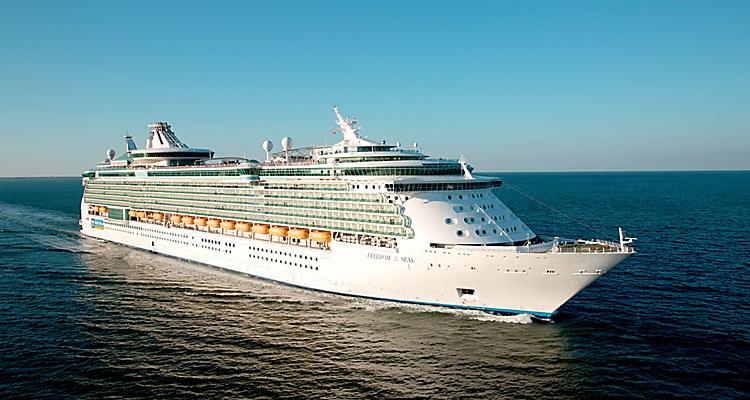Columbus was no tourist. Neither was Cortez or for that matter Admiral Perry. These world travelers were all about conquest, fame, riches and glory, and by-and-large, they achieved it. Before air travel and luxury ocean liners, expeditions to distant places were a risky and uncertain endeavor, often dangerous. Not so tourism, which has largely become a realm of comfortable entertainment. Tourism is a modern, post-industrial concept; it was the rise of the middle class and safe, reliable transportation which gave birth to the idea of tourism.
This is not to say that tourism sprang fully formed from the loins of modern society; it took generations for it to assume the particular form it takes today. In its early manifestations tourism was the realm of royalty and wealth, excursions mounted solely for the pleasure of the very few. Hunting elephants and tigers in India by the British comes to mind – photographs of British Lords proudly posed in front of their kill, surrounded by porters and native guides. Such safaris provided an early model for today’s luxury tourism: extravagant expeditions mounted at great expense to provide a simulacrum of home-style comfort while traipsing through exotic lands.
As the cost of travel was reduced through autos, railroads, cruise ships and airplanes, tourism became more accessible to America’s growing middle class. It didn’t take long for enterprising capitalist entrepreneurs to latch on to the changing post-war spending habits of Americans; “auto court” motels, Disneyland amusement parks, and the modern chain hotel all got their start as higher disposable income and credit cards stimulated an economic boom.
Tourism remains bifurcated into luxury activities for the rich upper class and modest activities for the middle class. The recent killing of Cecil the Lion by a successful Minnesota dentist provided a disheartening glimpse into the modern day upper class Safari business, while an all-inclusive five-day Disneyland package allows middle class families to indulge in childish fun with Mickey Mouse and the gang. For the lower classes, for whom any real vacation remains out-of-reach, tourism is limited to day trips across San Francisco Bay by ferry.
Tourism as entertainment has become so popular that many “exotic” destinations are now overwhelmed by crowds. Venice’s San Marcos square is swamped regularly not only by lagoon floods but by surging tides of tourist groups from Japan, Germany, China and the Untied States; it’s narrow alleys are all but impassible as cheek-to-cheek tourists press the flesh beside little shops selling “Venice stuff” made in Indochina. The same pattern is true for parts of Paris, London, and for that matter, San Francisco. Small town Sonoma awaits its fate.
Today’s lure of tourism is symptomatic of widespread boredom; home is boring and must be escaped at all costs. If we can’t leave home then we must distract ourselves by watching television or movies, but these commercials constantly remind us how wonderful and interesting life can be if we but leave home and undertake some tourist travel for entertainment. Life is so much better on a Carnival Cruise to the Caribbean.
Tourism profits have risen in sync with the rise of modern versions of neurosis. Boredom, depression, hyperactivity, substance abuse and the like accompany our constant, simmering dissatisfaction with ordinary life. The tourism economy is ready to jump in to ease our suffering, but like any pain killer comes at a high price and should properly include a warning about the unanticipated risks of habit-forming behavior.

Traveling outside of your own town is a broadening, enlightening experience. Heritage and Cultural Tourism is increasingly sought after by people who desire to experience new ways of life, new ways of being “in the world.” In Sonoma we have many examples of this….our “farm to table” restaurants, our bio-dynamic wineries, our historic Plaza, and the Mission, are all examples of these positive trends. Mr. Barnett, you have a gift for looking at the dark side of many issues. I suggest a glass of fine local Pinot Noir, consumed in the Plaza, as you watch our many fine and admirable visitors from near and far as they enjoy our Historic and beautiful town.
Given the billions spent on tourism promotion, George, my paltry effort to show the other side of the coin is unlikely to change the current trends. Of course there are ways that travel can be enriching; my wife and I have done our fair share. But the tourism I speak of is not that of which you speak, it is the purely corporate, monetized, routine travel entertainment of which I am critical, the same sort of forces making genuinely interesting and authentic places into Disneyesque caricatures.